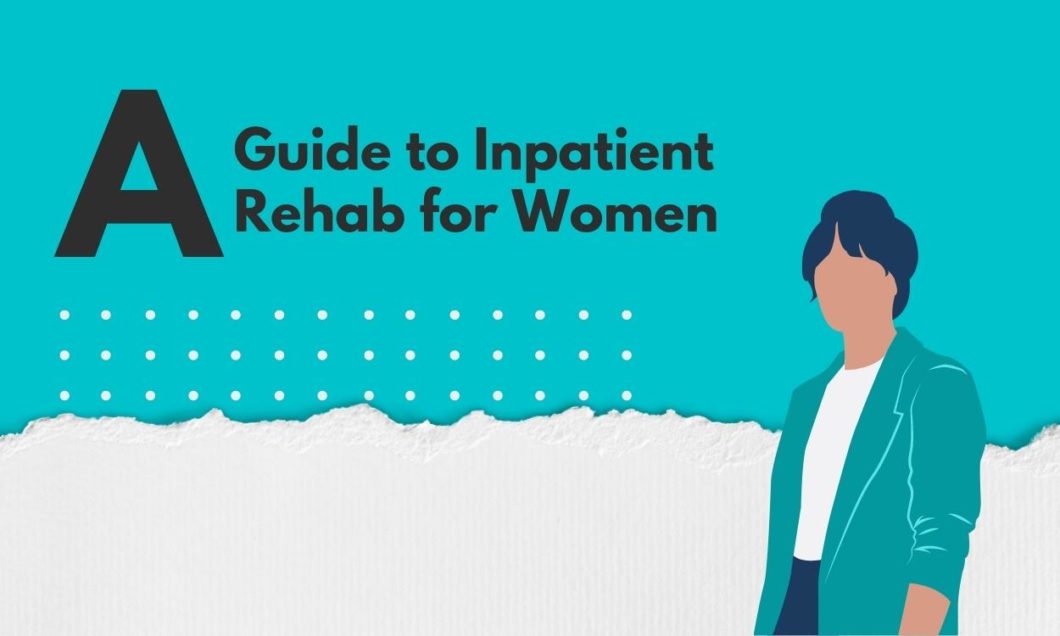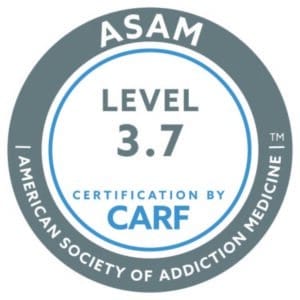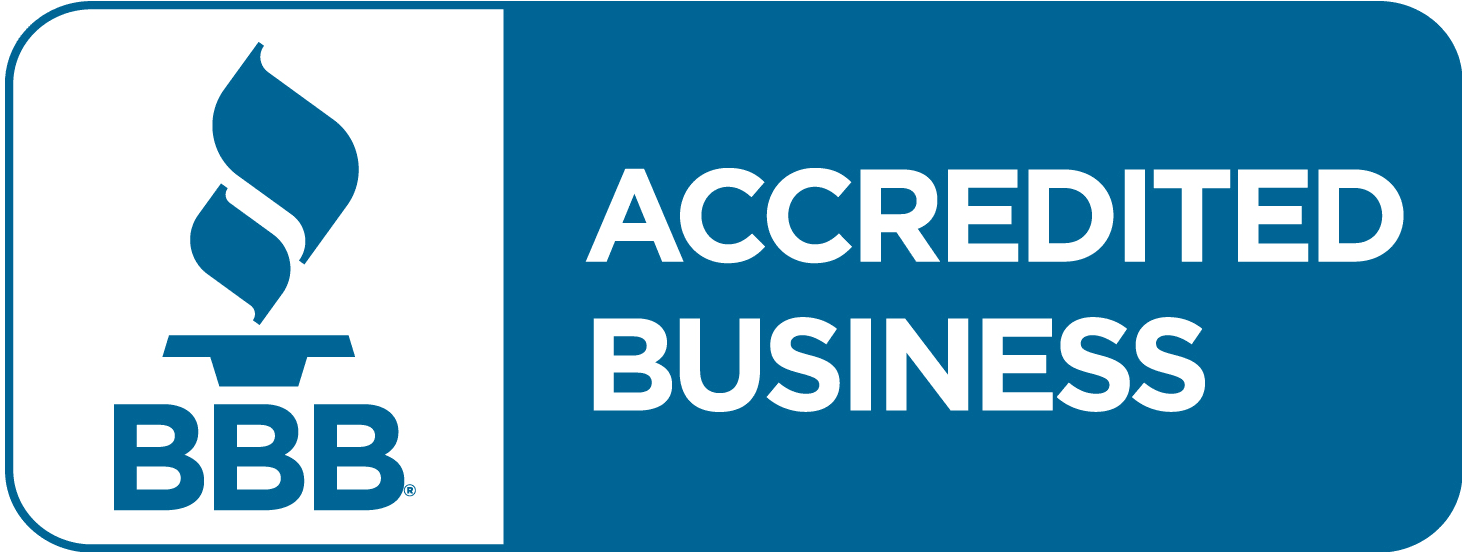Prescription drug abuse has affected 4.6 million American women age 18 and older in the past year. There is an emergency room admission for prescription painkiller abuse or misuse every three minutes. Nearly half of all people who are admitted to treatment centers do so because of their use of alcoholic beverages. It’s important to know that you’re not the only one struggling with substance abuse, based on these statistics.
Drug rehab or treatment for alcohol abuse programs should be considered when you can no longer stop reaching for the bottle and using drugs. There are now lots of female-only clinics all over the world because women have unique needs when it comes to addiction treatment and women-only rehab is becoming more important.
There are so many options available when it comes down to Rehab. These include:
Detoxification: A medically supervised detoxification program can assist a patient in remaining stable while dealing with the withdrawal symptoms associated with drugs or alcohol. These courses can range in length from a few days to a few weeks in duration. Once the patient has achieved a state of equilibrium, an inpatient program may be necessary.
Patient-Centered Intensive Inpatient and Residential Rehab Programs: Intensive inpatient and residential rehab programs are designed to assist patients in overcoming their addictions by providing them with a safe and structured environment in which to receive treatment. Fortunately, many of these programs are short-term and can be followed up with outpatient rehabilitation services. In some programs, licensed professionals are on call 24 hours a day, seven days a week to keep an eye on patients.
Outpatient Rehab & Intensive Outpatient Programs (IOP): There is no requirement for patients to be on-site or live at the facility for outpatient rehab or intensive outpatient programs (IOP) to participate in either of these types of programs (IOP). Because of this, patients can attend therapy and receive treatment at their convenience. A regular session can take place in a drug rehab facility, a community health clinic, a clinic affiliated with a hospital, or any other location that is convenient for the client. Some outpatient programs may even provide services during evening and weekend hours, making them a viable alternative for people who are unable to commit to an intensive inpatient rehabilitation program due to obligations to their families, jobs, or other obligations.
Benefits of Substance Abuse Treatment for Women
Biological differences:
There are certain differences between men and women that correlate with drug abuse statistics, particularly in a biological sense. For example, women’s bodies are statistically more likely to become addicted to certain drugs, such as sedatives and anxiety medication.
There’s also a higher risk in women to develop health issues, especially when influenced by drug or alcohol abuse. Notably, female bodies are twice as likely to contract AIDS and other sexual infections, especially under the influence. With the help of trained medical professionals, these biological disadvantages can be addressed better while in gender-specific rehab.
Sociocultural bonds:
One of the biggest benefits of going to a women-only rehab is the sense of safety and female unity that comes with it. There are certain social and cultural factors that affect almost every woman in society. This can range from the likelihood of having a history of sexual trauma to the stigma of having or being expected to fulfill a mother or housewife role.
Having these types of bonds with your fellow rehab patients is important for building relationships and trust. In the end, it will likely help make recovery easier for you to relate to the common struggles you may have with other women. Especially when those women are also suffering from addiction.
Additionally, not having to worry about the perceptions or judgments of the opposite sex can give anyone that peace of mind they need to come home to a stress-free environment. There’s no lurking risk of harassment, rude comments, or power-plays that are so common in other co-ed systems such as the workplace, public transportation, or dysfunctional family residencies.
Dual diagnosis:
Women are more likely to suffer from certain mental health disorders. Unfortunately, women with bipolar disorder or PTSD will often turn to drug use as a means of escape. This is something that makes co-occurring disorders much more common. The importance of dual diagnosis is made especially clear in gender-specific rehabs.
By admitting to a women-only recovery center with a strong psychiatric unit, you will likely receive a better, more personalized evaluation of dual diagnosis. Identifying this kind of issue before beginning your recovery process is essential for women suffering from mental health disorders. That way, proper care, and professional support can benefit the overall recovery process.

Inpatient Rehab for Women
Many inpatient rehabilitation facilities and programs are equipped to provide treatment for co-occurring mental and medical health issues in addition to addiction treatment. This type of care can be provided in a hospital setting or a separate residential facility. Because of the intense environment of an inpatient program, people in recovery who are dealing with medical or psychological issues in addition to their drug abuse can benefit from it.
If a loved one has a long and complicated history of drug abuse, or if they’ve tried other treatment options in the past, they may want to consider inpatient drug rehab treatment. Recovery can be hampered if a person’s environment or the people with whom he or she interacts make it more difficult for them to maintain their sobriety. There are a variety of reasons why inpatient treatment is so beneficial for women in particular, which will be discussed in greater detail later.
Patients in these programs have access to medical care and medications, as well as the support of staff and peers in a recovery community, if and when they are required. Group and individual therapy sessions, as well as other sobriety-promoting activities, are commonplace in treatment facilities. They may also host 12-step meetings at their facilities.
Patients’ length of stay in an inpatient program is determined by a variety of factors, including the severity of their addiction and the stage of recovery at which they are currently. Programs are typically between 28 and 90 days in length. Let’s examine some popular durations used at top inpatient rehab centers for women:
30-Day Treatment Programs
A one-month program, despite its short duration, can assist you in overcoming your apprehension about making a long-term commitment. This is particularly relevant if you are implementing a “lockdown” program that prevents visitors from entering. Individual and group therapy will be provided to you during your stay in a drug and alcohol rehabilitation center. You will be there for 28-30 days.
As part of the program, participation in 12-step and other support groups will be required. In the hopes that you will be able to maintain your sobriety, you will be taught how to avoid relapse. In residential treatment facilities, where other addicts live alongside you, you can form new friendships with the assistance of sober friends and other peers.
60-Day Treatment Programs
Women’s residential rehabilitation in Colorado is a 60-day stay that allows time for detoxification and therapy. This extra therapy will help you get to the root of your addiction and help you fully recover. Outpatient rehab is good for some, but it lacks detox and thus has a higher failure rate.
A 60-day inpatient rehab detoxes you from the drug and helps with cravings. This is achieved through positive self-talk and healthy stress management techniques. These skills will help you deal with emotional triggers that may cause relapse. Detoxification takes 7-14 days depending on the substance. Then you’ll start therapy sessions to learn the skills required for recovery.
90-Day Treatment Programs
There is also a 90-day drug and alcohol rehab program. The longer the treatment, the better the outcome. This program will teach you relapse prevention skills and teach you new ways to deal with potentially difficult situations.
Why Women Inpatient Rehab is Important
Women are different in several aspects from men and some risks surround addiction in women when it comes to substance abuse. All these necessitate inpatient rehab where they can be properly monitored till they are well rehabilitated. Some of these factors include:
- Women’s sex hormones make them more sensitive to drug effects than men.
- Women who use drugs have more heart and blood vessel effects than men.
- Women with addiction during pregnancy can develop a condition called neonatal abstinence syndrome where the baby must be withdrawn after birth.
To learn more about gender-specific treatment programs in Orange County, CA call 855-953-1345 and talk to a member of the Opus Health team.








